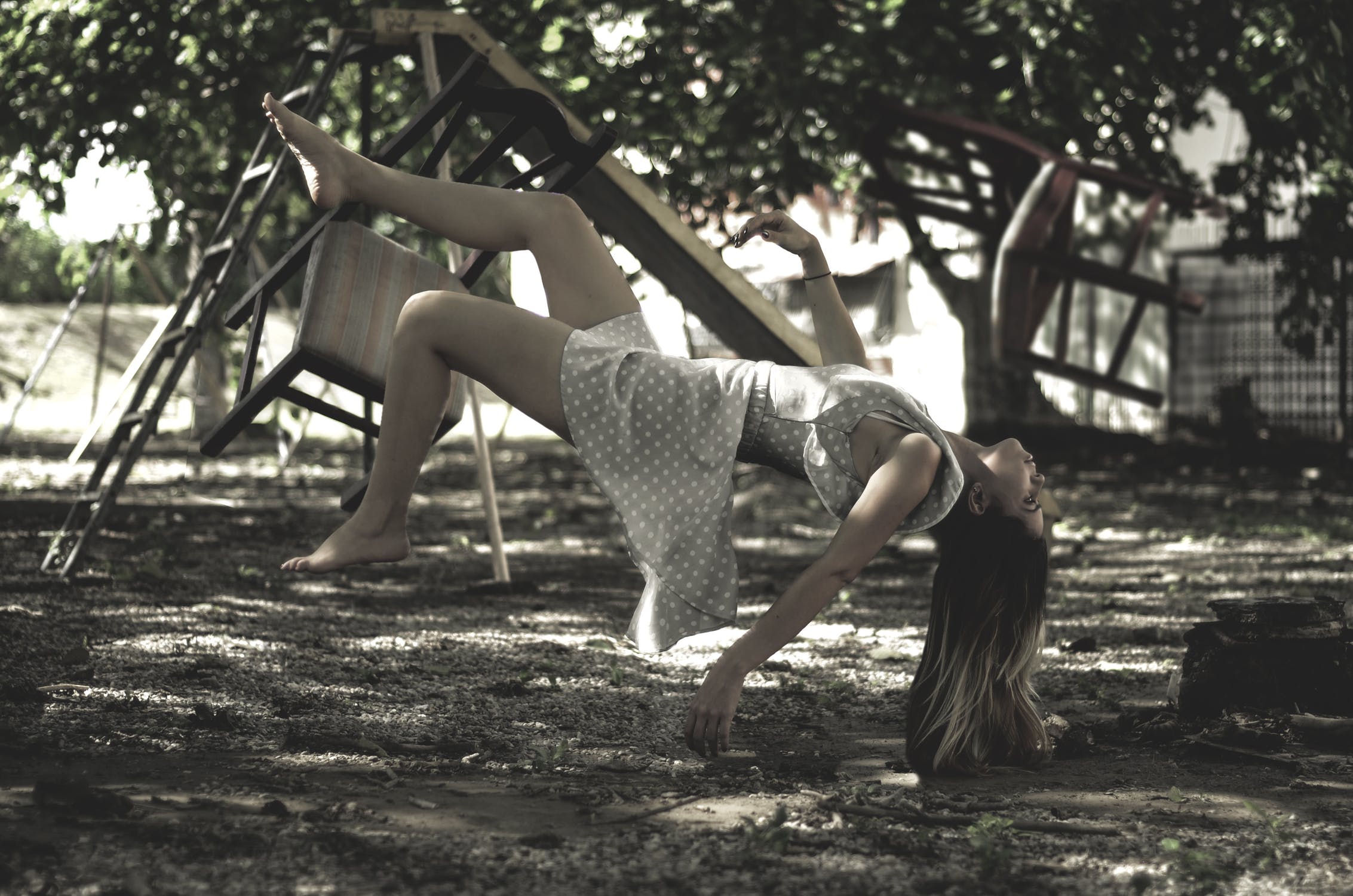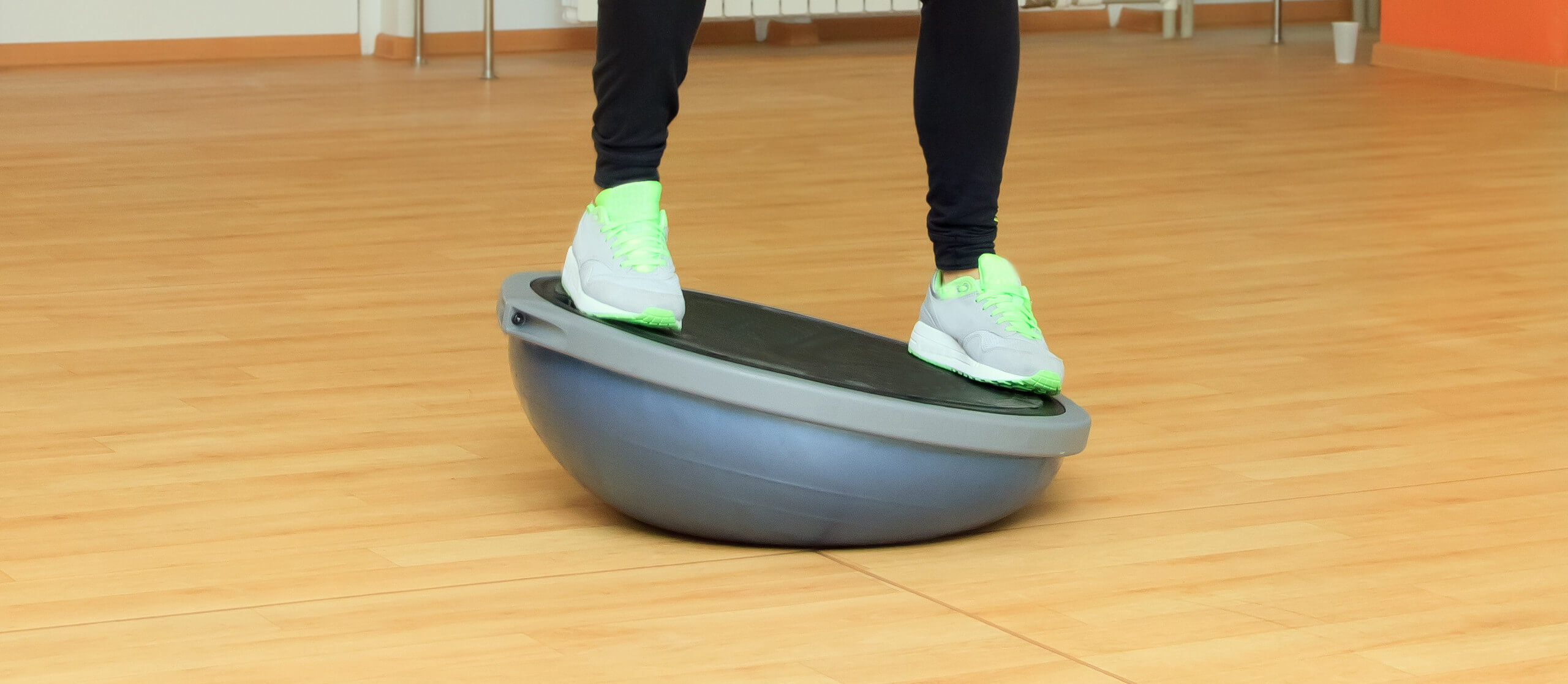nalco group
bone, muscle & joint pain physio
BOOK NOW / WHATSAPP ABOUT YOUR PAIN OR INJURY
- NOVENA 10 Sinaran Drive, Novena Medical Center #10-09, Singapore 307506
- TAMPINES 9 Tampines Grande #01-20 Singapore 528735
- SERANGOON 265 Serangoon Central Drive #04-269 Singapore 550265
Home > Blog > Physiotherapy > Conditions > Falls > Balance Problems Physiotherapy
Balance Problems Physiotherapy

Balance problems make it difficult for people to maintain stable and upright positions when
- standing
- walking
- and even sitting, for severe cases
Usually, it is the older people who are at a higher risk of having balance problems; 75% of Americans older than 70 years are diagnosed as having "abnormal" balance. Older women are slightly more likely than older men to develop balance problems.
Balance problems increase by almost 30% in people aged 80 years or more.
What our senior physiotherapists do is to develop individualized physical activity plans to help improve the strength, stability, and mobility of people with balance problems.
first of all, What are Balance Problems?
A balance problem exists when an individual has difficulty maintaining a stable and upright position. A range of factors can cause balance problems, including:
- Muscle weakness
- Joint stiffness
- Inner ear problems
- Certain medications (such as those prescribed for depression and high blood pressure)
- Lack of activity or a sedentary lifestyle
- Simple aging
Balance problems can also be caused by medical conditions, such as:
- Stroke
- Parkinson’s disease
- Multiple sclerosis
- Brain injury
- Arthritis
- Spinal cord injury
- Cognitive diseases
- Diabetes
Balance problems occur when 1 or more of 4 systems in the body are not working properly:
- Vision - caused from from age, eye tracking problems, or eye diseases
- Inner ear - also called vestibular problems, can develop from trauma, aging, poor nutrition, or disease
- Muscular system - muscle strength and flexibility can decline due to lack of exercise, a sedentary lifestyle, or disease
- Awareness of one's own body position (called “proprioception”) - result of trauma or a disease, such as diabetes
Our brain coordinates electrical impulses from the eye, inner ear, and body-position senses, and sends signals to the muscular system to move or make adjustments to maintain balance.
If one or more of the senses is not sending (or receiving) correct signals to the brain, or if the muscular system cannot carry out the necessary movements, then the person will not be able to maintain or correct their balance.
what does balance problems feel like?
A person with balance problems may experience
- tripping
- swaying
- stumbling
- dizziness
- vertigo
- and ultimately, falling
Although a person’s "static" balance may be fine when standing still or only performing a single task at a time, “dynamic” balance problems become obvious (and problematic) when the person is
- moving about
- trying to do more than 1 thing at a time (ie, walking, while turning the head to talk to another person)
- when there is not much light (at night, or in a darkened room)
If someone’s dynamic balance is abnormal, patients may fall and get a possible injury such as
- head and brain injuries
- wrist sprains
- wrist fractures
- shoulder injuries
- hip fractures
- spine fractures
- etc
One of the worst things that may occur, or start to occur, is the creeping in of fear. Falls and balance problems can make a person fearful of performing simple daily activities.
As a result, they lose confidence to move about safely, and this makes them "hold back" and this lead to them losing muscle strength and becoming frail
because they avoid strenuous or challenging movements. A person who has
balance problems may start to feel frustration about the condition, and
become depressed, and may start to prefer to stay home-bound.
How are balance problems Diagnosed?
If you see our senior physiotherapist first, they will conduct a thorough evaluation that includes taking your health history. They will also ask you detailed questions about your condition, such as:
- How often do you experience problems with your balance?
- What are you doing when you experience balance problems?
- Is your balance worse at nighttime or in dark rooms?
- Does the room spin, or do you feel off-balance?
- How many times have you fallen in the past year?
- Have you suffered injuries from falling?
- Have you changed or limited your daily activities because of your balance problems?
- What medications do you take?
- Have you had a vision or ear checkup recently?
- Do you have difficulty with any daily activities?
- How much, and what kind of daily exercise do you get?
- Do you have any other medical conditions or problems?
- Are you under the care of a physician?
- What are your goals?
Our senior physiotherapist will perform tests, such as motion, strength, coordination, visual tracking, and balance tests, to help assess your overall physical ability. They may also reach out and collaborate with your physician or other health care providers, who may order further tests to rule out any underlying conditions that may exist.
How our senior PhysioTherapists Help you

Our senior physiotherapists offer a number of treatment options for treating balance problems, based on each individual’s needs. They are experienced and trained to evaluate multiple systems of the body, including the muscles, joints, inner ear, eye tracking ability, skin sensation, and position awareness in the joints (proprioception).
Our senior physiotherapists are experts in prescribing active movement techniques and physical exercise to improve these systems, including
- strengthening
- stretching
- proprioception exercises
- visual tracking
- inner ear retraining
Our senior physiotherapist can help treat your balance problems by identifying their causes, and designing an individual treatment program to address your specific needs, including exercises you can do at home.
We can help you:
Reduce Fall Risk. We will assess problem footwear and hazards in your home that increase your risk of balance problems or falling. Household hazards include loose rugs, poor lighting, unrestrained pets, or other possible obstacles.
Reduce Fear of Falling. By addressing specific problems that are found during the examination, we will help you regain confidence in your balance and your ability to move freely, and perform daily activities. As you build confidence in your balance and physical ability, you will be better able to enjoy your normal daily activities.
Improve Mobility. We will help you regain the ability to move around with more ease, coordination, and confidence. We will develop an individualized treatment and exercise program to gradually build your strength and movement skills.
Improve Balance. We will teach you exercises for both static balance (sitting or standing still) and dynamic balance (keeping your balance while moving). We will progressively increase these exercises as your skills improve.
Improve Strength. We will teach you exercises to address muscle weakness, or to improve your overall muscle strength. Strengthening muscles in the trunk, hip, and stomach (ie, “core”) can be especially helpful in improving balance. Various forms of weight training can be performed with exercise bands, which help avoid joint stress.
Improve Movement. We will choose specific activities and treatments to help restore normal movement in any of your joints that are stiff. These might begin with "passive" motions that we perform for you, and progress to active exercises that you do yourself.
Improve Flexibility and Posture. We will determine if any of your major muscles are tight, and teach you how to gently stretch them. They will also assess your posture, and teach you exercises to improve your ability to maintain proper posture. Good posture can improve your balance.
Increase Activity Levels. We will discuss activity goals with you, and design an exercise program to address your individual needs and goals. We will help you reach those goals in the safest, fastest, and most effective way possible.
